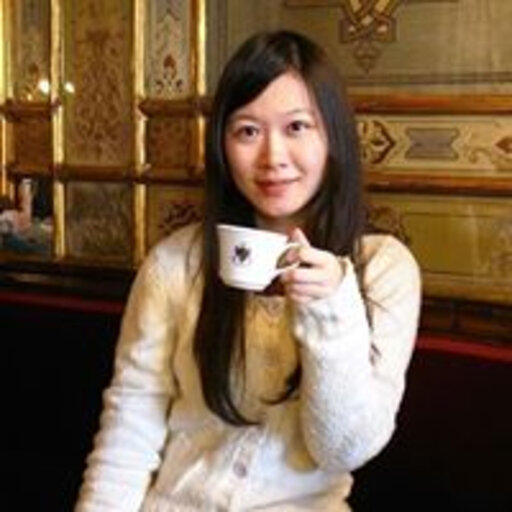


In this chapter, Amy Tan frequently used flashbacks between in the past when Jing-Mei Woo was hearing about stories from her mother, to present time when she first was at the Joy Luck Club. “That’s the trouble,” her mother retorted, “You never rise. They should encourage instead…and when criticize, it just means that expecting failure” (20). This is shown when Jing-Mei Woo protests to her mother “that parents shouldn’t criticize children. This kind of parent is always nagging at their child to try harder, and never give him or her compliments, no matter how well they do. The relationship between Jing-Mei Woo and her mother can only be described as an unfortunately classical relationship between an Asian parent and child. Having a child and living with them for more than 18 years, then hearing them say that they know nothing about you must be the most devastating thing they could say. Was she sad or regretful about leaving her young children? Were all of the stories she said true, or did she ever make some up to conveniently fit the circumstances? Then, when Jing-Mei Woo told the Joy Luck Club aunties that she knew nothing about her mother, I could feel their panic. I wondered how her mother felt when she was telling her about those stories. Jing-Mei Woo reminded me of myself always hearing stories about her parents and never really wanting to hear about them. “A Mother’s Doubt” I am writing about the first chapter “The Joy Luck Club”. Great start to your blogs Kristin! Great depth of reflection and analysis! This is a great model for the rest of the 2As! Saturday, Decem8:06:00 AM Pamela said. Suyuan tells Jing-Mei what she lost to get where she was in America. Then the allegory tells how the mother gave her child the feather, explaining about it. Suyuan loses all her belongings and two children escaping from Kweilin in order to live in America. The allegory talks about how a mother wasted money on a swan she couldn’t keep. I think this chapter connects to the allegory at the beginning by telling about how much Suyuan sacrificed to get away from Kweilin and move to America. The Kweilin story tells about two lost infants, and in the end of the chapter, the aunties give Jing-Mei a letter from them, her sisters. She also uses foreshadowing in those flashbacks. Amy Tan uses flashbacks to help explain a lot of what’s happening in this chapter. Auntie Lin was saying how good and rich her family was, making Auntie An-Mei ashamed. They didn’t care about all the gifts she brought for them, they just wanted the money she brought and for her to pay for everything and spoil them all. They’re trying to keep conversation going with stories about family, but Auntie An-Mei’s family wasn’t very good when she visited. The scene is on page 24, when the women are playing a game of mahjong. I think the relationship between Auntie An-Mei and Auntie Lin as competitive. Is that good or bad? Maybe she likes fish, and the mountains make her happy because they remind her of them or maybe she’s describing how the mountains look like a piece of fried fish, ugly and brown, saying that maybe her thoughts of magical mountains were wrong… 2. Then she compares the mountains to giant fried fish. When she describes it, she talks about how wonderful and magical it is, about how everyone dreamed of going to Kweilin, but when she tells Jing-Mei about actually going there, she says seeing the mountains made her laugh and shudder at the same time. I have questions about the Kweilin story, like how Suyuan describes it. I think older people are just like that, because whenever I see a grandparent that doesn’t see me very often, they think I’m always younger then I am, or that I’m still doing something I did a couple years back. They still think of her as a younger person, still in school, and they don’t know much about her. Another thing I noticed is that some of her “aunties” don’t really know her.

It became a tradition in the family, much like my family has a tradition to do Christmas and thanksgiving dinner with our neighbors. Jing-Mei’s family has get-togethers too, the Joy Luck Club, a mini party their mothers started back when they all lived in Kweilin. They’ve lived next door to us for so long that we do everything with them holidays, weekends, parties. They aren’t really related, but their families have known each other for so long that they feel like a family.

My first reaction to Jing-Mei’s “family” is that they’re a lot like my family.


 0 kommentar(er)
0 kommentar(er)
